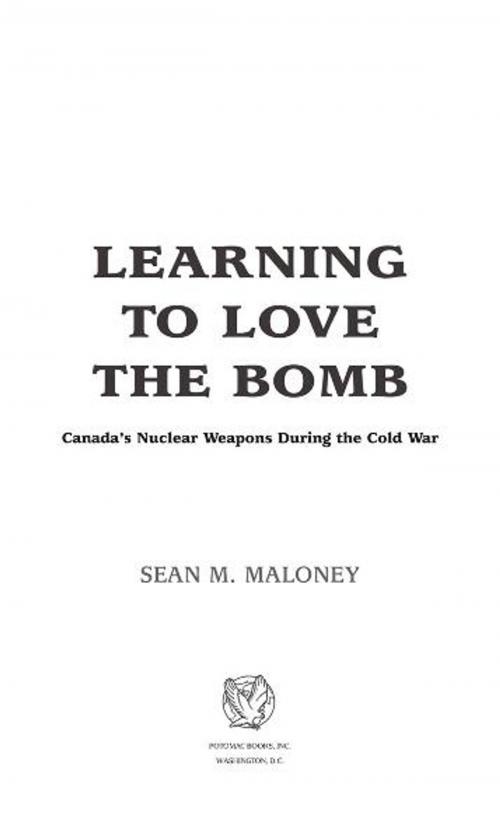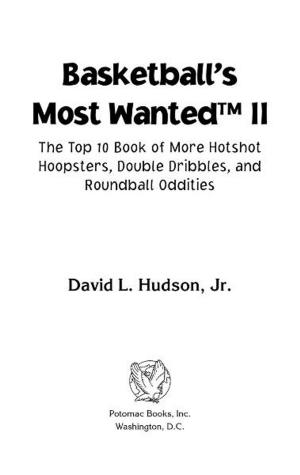| Author: | Sean M. Maloney | ISBN: | 9781612342474 |
| Publisher: | Potomac Books Inc. | Publication: | August 31, 2007 |
| Imprint: | Potomac Books Inc. | Language: | English |
| Author: | Sean M. Maloney |
| ISBN: | 9781612342474 |
| Publisher: | Potomac Books Inc. |
| Publication: | August 31, 2007 |
| Imprint: | Potomac Books Inc. |
| Language: | English |
In Learning to Love the Bomb, Sean M. Maloney explores the controversial subject of Canadas acquisition of nuclear weapons during the Cold War. Based on newly declassified Canadian and U.S. documents, it examines policy, strategy, operational, and technical matters and weaves these seemingly disparate elements into a compelling story that finally unlocks several Cold War mysteries. For example, while U.S. military forces during the 1962 Cuban Missile Crisis were focused on the Caribbean Sea and the southeastern United States, Canadian forces assumed responsibility for defending the northern United States, with aircraft armed with nuclear depth charges flying patrols and guarding against missile attack by Soviet submarines. This defensive strategy was a closely guarded secret because it conflicted with Canadas image as a peacekeeper and therefore a more passive member of NATO than its ally to the south. It is revealed here for the first time. The place of nuclear weapons in Canadian history has, until now, been a highly secret and misunderstood field subject to rumor, rhetoric, half-truths, and propaganda. Learning to Love the Bomb reveals the truth about Canadas role as a nuclear power.
In Learning to Love the Bomb, Sean M. Maloney explores the controversial subject of Canadas acquisition of nuclear weapons during the Cold War. Based on newly declassified Canadian and U.S. documents, it examines policy, strategy, operational, and technical matters and weaves these seemingly disparate elements into a compelling story that finally unlocks several Cold War mysteries. For example, while U.S. military forces during the 1962 Cuban Missile Crisis were focused on the Caribbean Sea and the southeastern United States, Canadian forces assumed responsibility for defending the northern United States, with aircraft armed with nuclear depth charges flying patrols and guarding against missile attack by Soviet submarines. This defensive strategy was a closely guarded secret because it conflicted with Canadas image as a peacekeeper and therefore a more passive member of NATO than its ally to the south. It is revealed here for the first time. The place of nuclear weapons in Canadian history has, until now, been a highly secret and misunderstood field subject to rumor, rhetoric, half-truths, and propaganda. Learning to Love the Bomb reveals the truth about Canadas role as a nuclear power.















